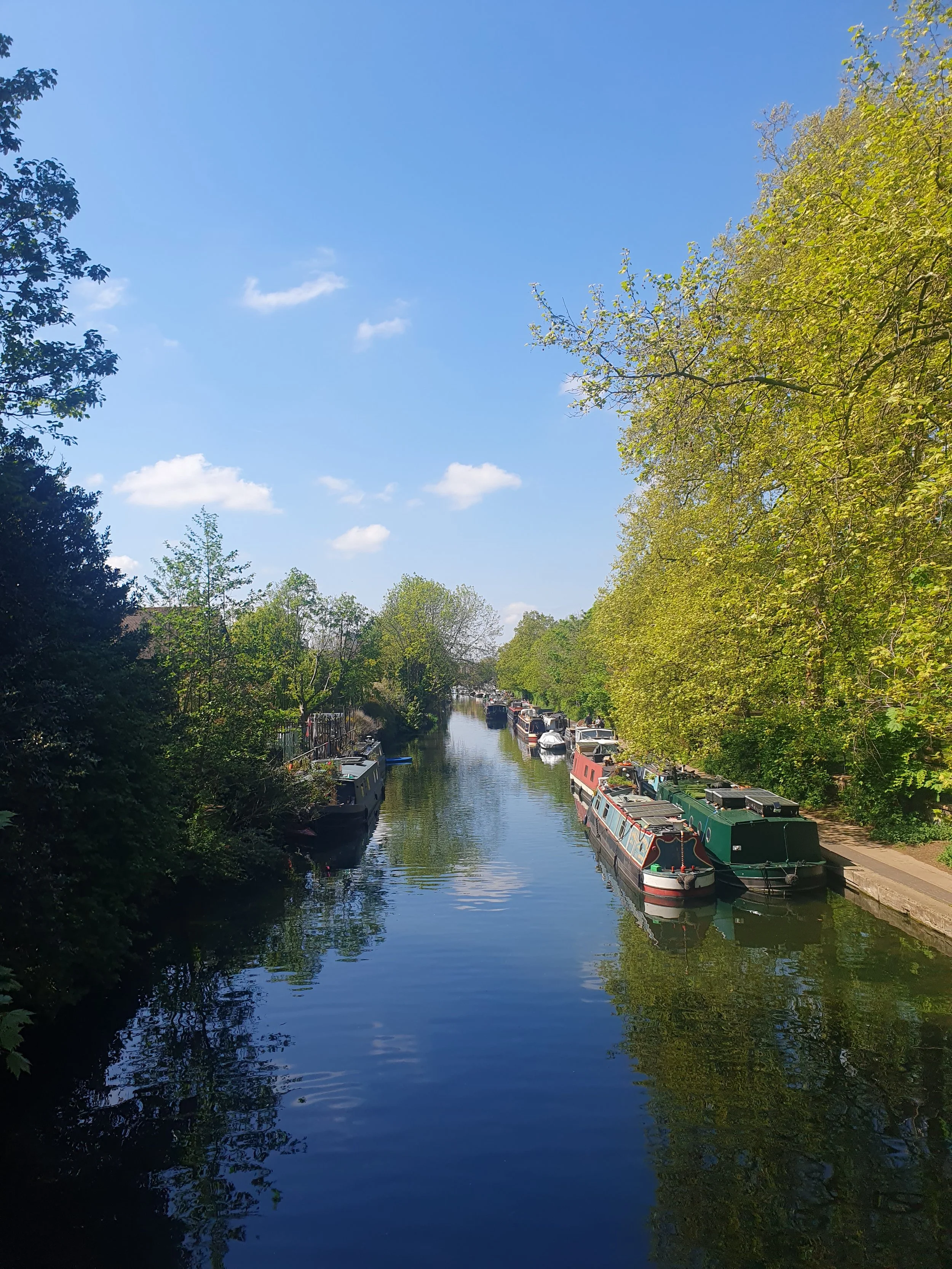Air quality and health
Air pollution is the largest environmental risk for human health, both in the United Kingdom and globally. Good air quality is important for long-term health and wellbeing.
What is air quality?
Air quality is a measure of the cleanliness of the air we breathe. Poor air quality means the air contains air pollutants that can damage our health.
Air pollution generally refers to gases, chemicals and particles that can directly damage human health and the environment.
The main types of air pollution we are concerned with in London in the 21st century are:
Nitrogen oxides (NOx) - a gas formed when fossil fuels are combusted in engines and in gas heating and cooking appliances
Particulate matter (PM) - airborne particles formed when fossil fuels are combusted in engines, when solid fuels (wood, coal, charcoal) are burned, from construction and demolition activity and from the abrasion of materials. You may have seen ‘PM10’ and ‘PM2.5’; the number indicates the size of the particles. Smaller particles can enter our lungs and pass into the bloodstream
Volatile organic compounds (VOC) - a category for airborne chemicals that can be emitted from products including fuels, decorative materials and furnishings, cleaning and personal care products, room sprays and scented air fresheners
Ozone - a gas formed from the reaction of other air pollutants in the presence of sunlight. High in the atmosphere ozone shields us from solar UV, but at ground level it is an air pollutant that can damage human health, plants and materials
Why does air quality matter for our health?
We take more than seventeen thousand breaths every day; six million each year. The air that we breathe can have a profound effect on our health and wellbeing.
Exposure to air pollution is linked to a number of serious health conditions affecting the lungs, heart and brain. These include asthma, chronic obstructive pulmonary disease (COPD), lung cancer, heart disease, dementia, and diabetes.
Long-term exposure to higher levels of air pollution increases the risk that we will experience illness. Short-term exposure to very high levels of air pollution can trigger symptoms or exacerbate conditions we already have, such as asthma or heart disease.
The Royal College of Physicians published a new report in June 2025 (‘A breath of fresh air’), highlighting that air pollution is responsible for 30,000 deaths every year in the UK and a £27bn annual cost to society due to health and social care costs and economic impacts.
We can help to protect our health by trying to reduce the amount of time we spend in very polluted environments, and by trying to improve the air quality inside our homes, workplaces, learning environments and other places we spend a lot of time.
At the same time, we can consider what action we may be able to take to reduce our contribution to local air pollution to better protect our own health and the health of our neighbours.
The Healthy Waterways project is seeking to reduce air pollution exposure among the boating community in London and for people living, working and going to school next to London’s inland waterways. Cleaner air is better for everyone’s health.

